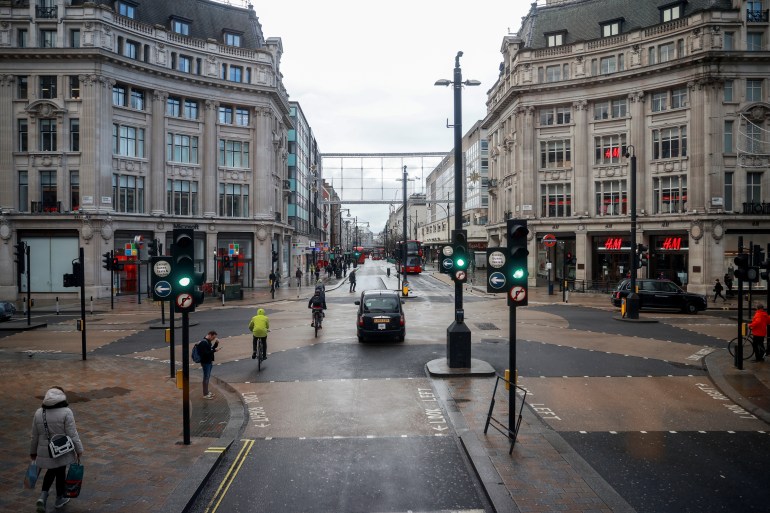"PS 752 was identified by one of the air defense units as a threat and targeted consequently.""[The air defense unit operator notified command about the object and identified it as a threat. But command never responded and never let the unit operator know that it was the Kyiv-bound flight.] Another link in the chain of events was formed at this point.""If at this point he had identified the target as a passenger aircraft, the missile would not have been launched. [Having not heard back from command, the air defense unit operator fired upon the target. He wasn't supposed to do that; Iran's military procedure states that individual units aren't authorized to fire without explicitly getting orders to do so.] The fourth link leading to the firing of the missile was now formed.""The aircraft then kept hitting the ground and bouncing on a route towards the airport, making the aircraft pieces, victims' properties, objects and body remains disintegrate completely in a vast area near a residential complex, recreational and sports park, gardens and the surrounding agricultural land.""The sequence of events clearly shows the occurrence of a chain of events initiated by a human error."Iran's Civil Aviation Organization report
 |
Rescue teams examine the wreckage of the Ukrainian airliner that was shot down shortly after takeoff in the Iranian capital, Tehran, on Jan. 8. Iran says a tragic series of mistakes led to the missile strike. Akbar Tavakoli/IRNA/AFP via Getty Images |
"The Ukrainian side expects from Iran a draft technical report on the circumstances of the aircraft shooting down.""This situation is especially unacceptable, since we are talking about the fate of innocent people."Oleh Nikolenko, spokesman, Ukrainian Foreign Ministry
"Canada and the other members of the International Coordination and Response Group (CG) are taking a co-ordinated approach to obtaining reparations from Iran, which includes not only compensation for the families but also an accounting of the events that led to the tragic result.""[No negotiations or meetings between Iran and the other countries have been held and] "no formal offers have been made by Iran to the CG countries."François-Philippe Champagne, Canadian Minister of Foreign Affairs
 |
| Iran's president says $150,000 US will be paid for each victim on board Ukraine International Airlines Flight 752, which was shot down nearly a year ago. But some families in Canada, still pushing for justice, say they won't accept the compensation CBC |
"What Iran is doing is humiliating and insulting to the families.""We need to know the truth and we need to see the criminals in an impartial independent court like [the United Nations] International Court of Justice, We are done with Iran's actions.""Now it is our government's turn to act and react. To take the investigation from them and take them to the court.""The families are vigilant and will not sign any document. The murderer cannot play the role of mourner."Hamed Esmaeilion, Iranian-Canadian, spokesman, Association of Victims' Families
Ukraine responded to Iran's cabinet allocating $150,000 to each family of the 176 victims of the passenger plane shot down in Iranian airspace last January, describing the handling of the situation from start to finish as "unacceptable"; from its original obfuscation and denials of facts and evidence to its interminable delays in handing over the retrieved black boxes for interpretation, to its initial reports exonerating the government for a 'mistake' made by an IRGC corps member.
"The cabinet approved the provision of $150,000 or the equivalent in euros as soon as possible to the families and survivors of each of the victims of the Ukrainian plane crash", announced the IRNA official news agency report. Ukraine is furious at the unilateral action without negotiating with the victims' families, much less the lack of action in bringing to justice those responsible for the tragedy. Compensation should be set through talks in reflection of international standards, emphasizes the Ukrainian Foreign Ministry.
According to Iranian foreign ministry spokesman Saeed Khatibzadeh, an indictment is set to be issued within the month against "those whose negligence caused the accident", as reported by the semi-official news agency Fars. A military court has been handling the case. Iran's Civil Aviation Organization in a preliminary report released in July blamed a misaligned radar system and poor communication between the air defence operator and his commanders, resulting in the shooting down of the plane.
Under rules set by the United Nations, overall control of the investigation is retained by Iran, with the United States and Ukraine accredited as the countries the jet was built and operated within, respectively. Canada has acted as the lead connection between the investigation proceedings and the families in Canada. Canada has played a surprisingly low-key role in the entire investigation proceedings, given the number of Canadian nationals who were killed by Iranian negligence.
Iranian-born Canadian Habib Haghjoo who lost a daughter and granddaughter in the crash stated his distrust of any news coming out of Tehran, stressing his priority is the content of the report and its purpose: "They [Iran] want to wrap it up. We want the truth".
"Iranian airspace was left open and Iran’s skies were alive with civilian flights throughout the time that the Islamic Revolutionary Guard Corps was lobbing rockets at U.S. targets in Iraq in retaliation for Washington’s drone strike on IRGC major-general Qasem Soleimani, commander of the IRGC’s terror-exporting Quds Force.""A recorded conversation between a Canadian victim’s relative and the Iranian senior investigator, Hassan Rezaeifar – a conversation that might be best described as a threatening phone call from the regime – contains what can only be understood as Rezaeifar’s candid admission that Iranian airspace was deliberately left open to conceal the IRGC’s retaliatory missile strikes on American targets. This would place the victims aboard Flight PS752 in the role of human shields. This was no human error. And the IRGC is effectively controlling Iran’s investigation into what happened."Terry Glavin, Journalist, The Ottawa Citizen
 |
Labels: Canada, Iran, Iranian Responsibility, Revolutionary Guard Corps, Ukraine, Ukraine Passenger Flight





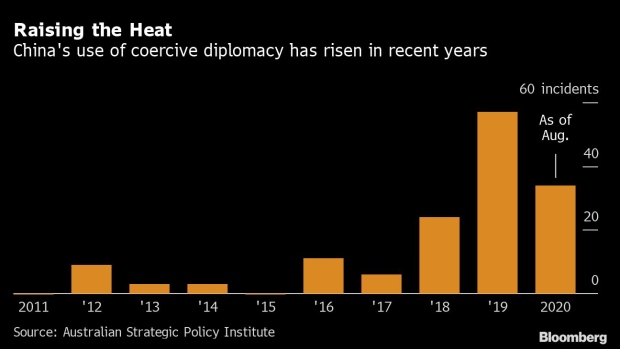






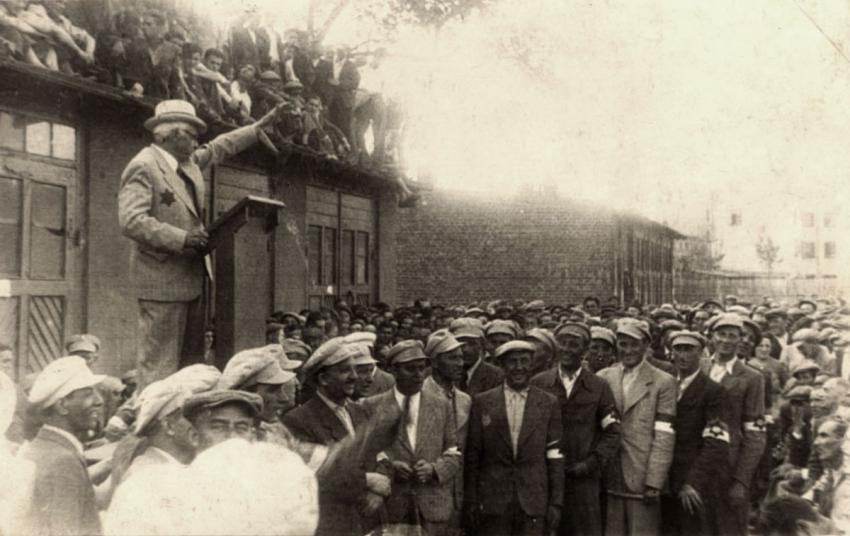








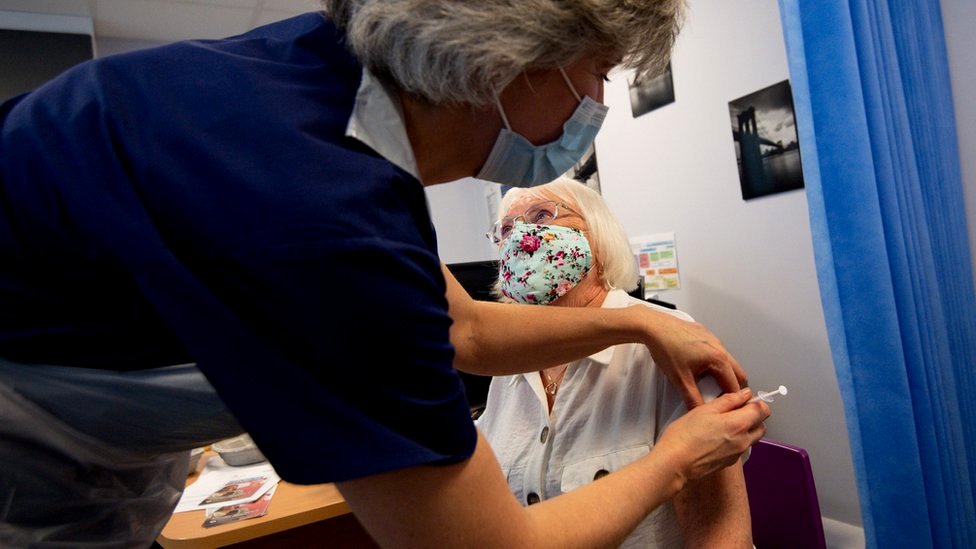
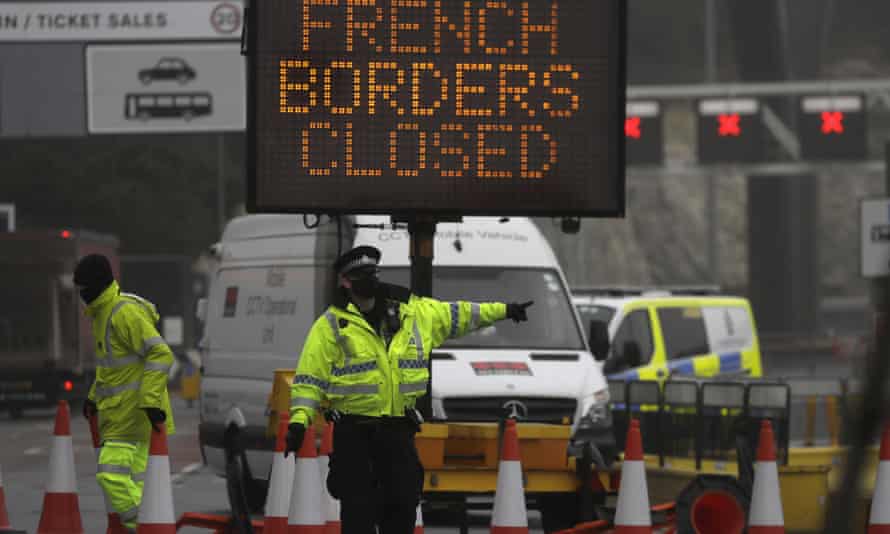
![Passengers wait in line at the Eurostar terminal at St Pancras International, amidst the spread of the coronavirus disease (COVID-19) pandemic, in London [Hannah McKay/Reuters]](https://www.aljazeera.com/wp-content/uploads/2020/12/2020-12-23T083158Z_664854073_RC2VSK91L7X7_RTRMADP_3_HEALTH-CORONAVIRUS-BRITAIN.jpg?resize=770%2C513)
